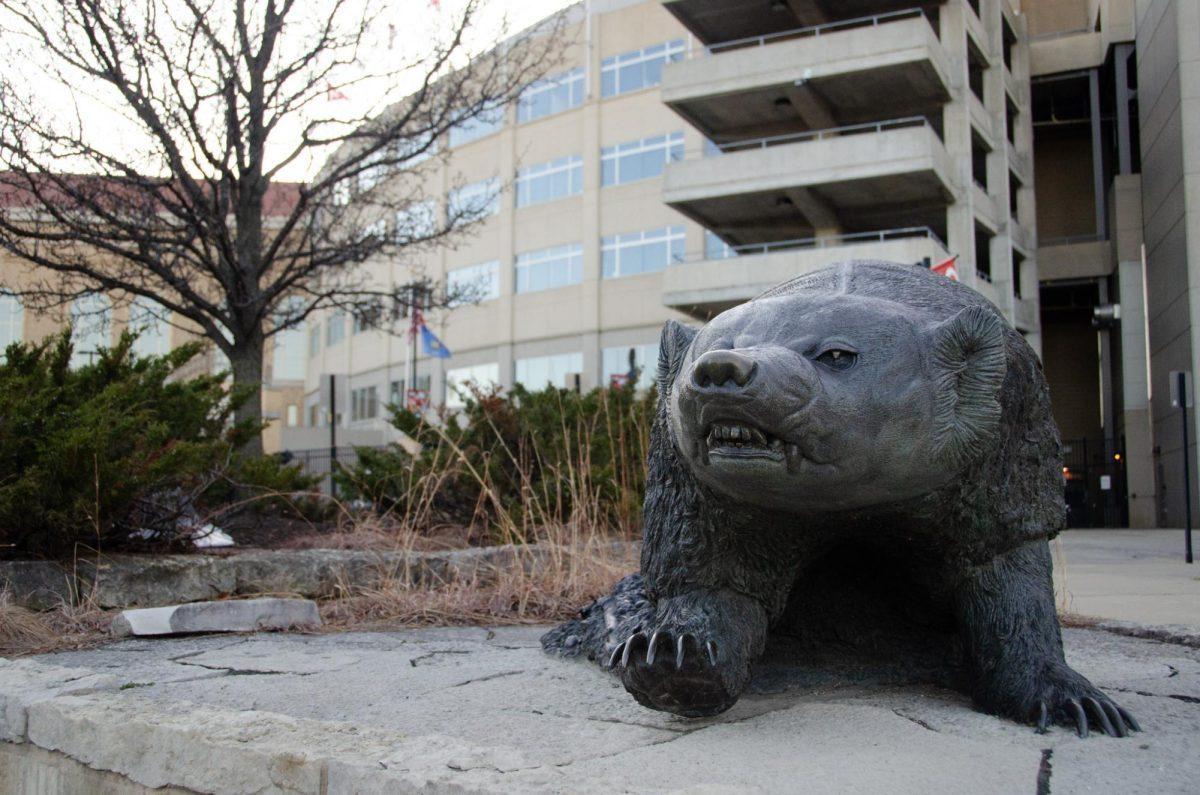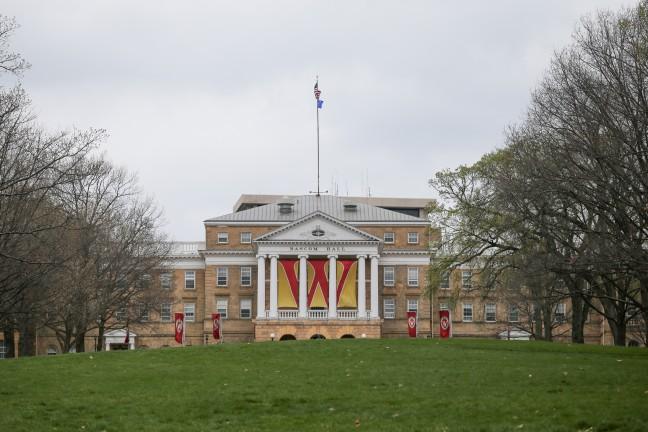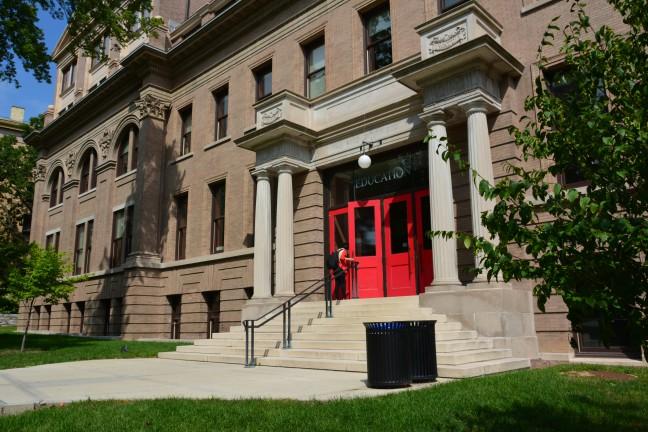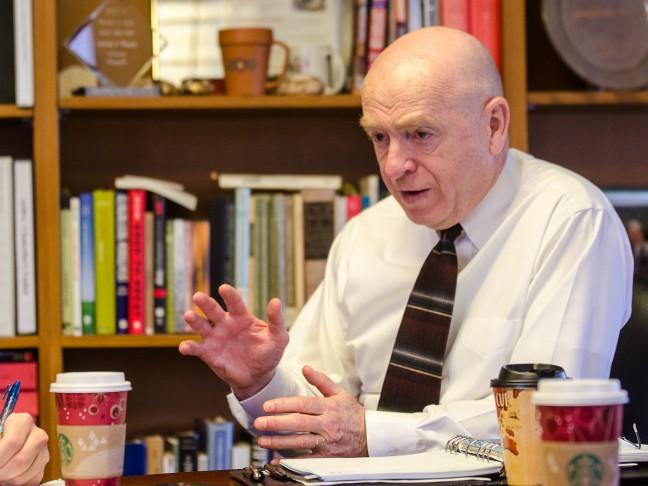Every university across the country has to have policy and procedures in place to deal with the issues surrounding underage drinking across their campuses.
Matt Vogel, UW-La Crosse community health specialist, said many of these problems stem from the fact the country has created a modern form of prohibition for people aged 18 to 20-years-old.
“This prohibition causes more problems,” Vogel said. “Because students now pre-game heavily, they are apprehensive to call for help and some students feel if they are going to get an underage ticket they might as well make it worth it.”
No one knows better about this prohibition than UW-La Crosse Junior Ben who has accumulated three underage drinking tickets in his three years at school.
The University of Wisconsin campuses in Madison, Milwaukee, La Crosse, Oshkosh and Stout all have some similar underage drinking policies in place, but each program has its own way of addressing the issue.
Drinking Culture
While each university admitted there is a drinking culture on their campus, most believed it comes from simply being located in Wisconsin.
UW-Stout Dean of Students Jane Thomas said she believed Wisconsin has a drinking culture and the colleges across the state reflect this.
John Palmer, UW-La Crosse’s assistant dean of students, agreed the Wisconsin drinking culture plays a significant role in how much students drink on campus.
He added it is significantly different even from some of our neighbor states.
Another trend that cuts across the different UW System schools is students believing their peers drink more than they actually do.
Vogel said at every alcohol education class he holds he has students answer the question of how much other people drink, and he has found students generally think others drink more than they do.
“Their behavior is always lower than what they think others are, so many times students believe the media hype instead of what actually is happening,” Vogel said.
Sue Pastor, UW-Madison community health specialist, echoed these concerns and said when she meets with students they always have an extreme view of UW’s party culture.
Pastor said only 20 percent of students drink heavily – 11 times or more a month – but many of the students she talks to think a larger portion of the student body fit this category.
Dorm Punishments
The majority of students living in the dorms are under the age of 21, so it is not surprising many acts of underage drinking occur under their roofs.
UW Director of Residence Life Kay Reuter-Krohn said if a student is under 21 and lives in the dorms their room must be alcohol free at all times. She added this includes empty alcohol containers in the trash or ones being used for decorations.
This is the policy for the other dorms in the UW System as well.
The differences arise when it comes to the punishments universities give out to students caught drinking in the dorms.
At UW-Madison, Reuter-Krohn said they handle students drinking on a case-by-case basis.
“We do not have this recipe book which says after so many offenses this happens,” Reuter-Krohn said.
She added they try to use the situation to educate students, most of whom are away from home for the first time, and to get the students to own up to their decisions.
However, at UW-Oshkosh they have a more strict set of policies, as UW-Oshkosh senior Joshua McQuillan found out when living in the dorms.
McQuillan said he received two strikes for underage drinking in the dorms, one from the residence hall advisors and the other from university police.
After being caught the first time he had to pay $50 dollars to enroll in an online class and pass a test before he could finish the class.
“The online quiz was so easy though, I took it and passed without reading any of the other stuff,” McQuillan said.
After being caught drinking the second time McQuillan said he had to pay $90 dollars for a second class, but because he could not attend he had to meet one-on-one with a counselor.
McQuillan said he was warned if he got in trouble again for anything he would be forced to move to a different dorm.
Education and Prevention Programs
Each university strives to provide students with information on how to make responsible drinking choices and they often target younger students with these programs since they are new to the college and the drinking experience.
Sarah Belstock, a UW-Milwaukee health educator, said they try to target student leaders, like residence hall advisors and freshmen leaders, when giving out alcohol education so they can push the information forward.
Belstock said they have also started a new program last year titled “Alcohol and Your College Experience,” where they provide students with tools to make responsible alcohol choices.
She added they have an agreement with the local court and police departments so students can attend the class and have their first underage drinking ticket reduced or eliminated.
A new program at UW-Madison, the Red Watch Band, provides students with CPR training and teaches them how to respond when a person has toxic alcohol poisoning, Pastor said.
She added the program has been successful and has trained over 50 students.
University Punishments
In some cases underage drinking becomes such a problem university officials have to step in and deal with the situation.
In Ben’s case, after his third ticket he had to meet with an assistant dean to discuss his situation and also with a drinking advocate.
Ben said they told him if he received another ticket he would have to meet with the assistant dean again to discuss being put on probation or having his records placed on hold so he could not enroll in any classes.
Palmer said it is rare for a student to reach the third level. He added on the first two drinking violations the university makes sure the student enrolls in the proper alcohol education class, and if they do not they will not be able to enroll in next semester’s classes.
Thomas said at UW-Stout they are trying to increase enforcement in cases when students have high alcohol content, or multiple offenses.
“We really want to promote a safe campus environment and we want students to leave here without any incidents which prevent them from reaching their academic goals,” Thomas said.
Edit summary: removed an interviewee’s last name upon request.

























